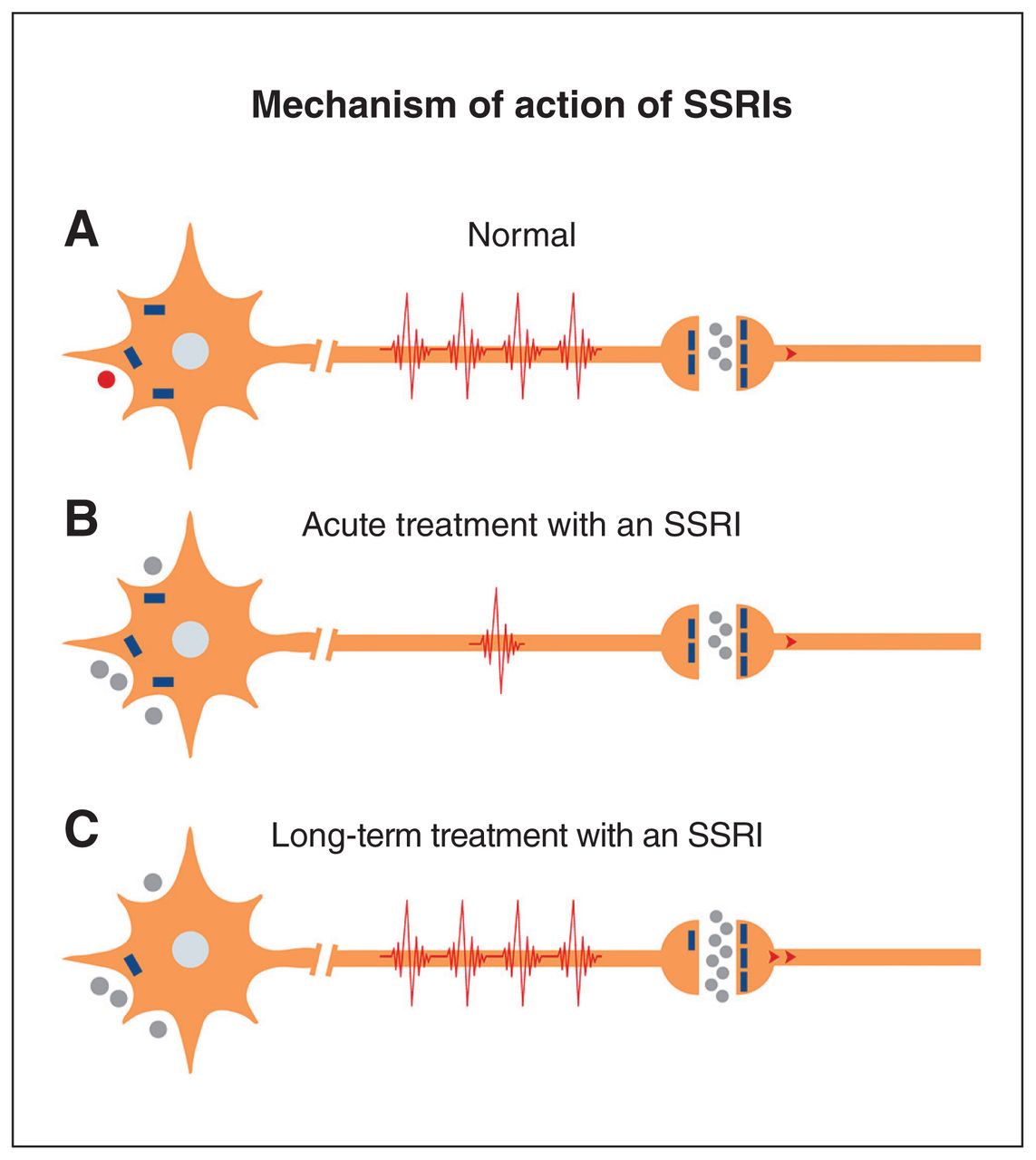
Title: A Single Dose of Psychedelics May Boost Cognitive Flexibility for Weeks, Research Reveals
Research from the University of Michigan indicates that a single administration of a psychedelic compound can considerably enhance cognitive flexibility—an important element of mental adaptability—for weeks thereafter. The results, released on April 22 in the journal Psychedelics, could lay the groundwork for innovative therapies for a diverse range of neuropsychiatric and neurodegenerative conditions.
The research group discovered that mice receiving a single dose of a compound called 25CN-NBOH, which activates serotonin receptors, exhibited significantly improved performance on intricate learning tasks several weeks post-treatment in comparison to an untreated control group.
Long-Lasting Cognitive Gains from One Dose
“What renders this finding especially significant is the prolonged duration of cognitive advantages resulting from just a single psychedelic dose,” stated Professor Omar J. Ahmed, the lead author of the study. “We noted improved adaptability in learning that continued for weeks, implying these substances might induce enduring neuroplasticity alterations in the prefrontal cortex.”
Cognitive flexibility—the capacity to modify strategies or viewpoints when conditions shift—is fundamental to healthy cognitive function and adaptive behavior. Deficits in this area are frequently observed in mental health conditions like depression, post-traumatic stress disorder (PTSD), obsessive-compulsive disorder (OCD), and Alzheimer’s disease. Conventional treatments often find it challenging to restore this critical cognitive ability.
In contrast to many psychedelic studies that concentrate on immediate impacts, this investigation delved into long-term cognitive enhancements. Utilizing an automated behavioral testing system, the researchers assessed the adaptability of mice to changing rules in a learning scenario several weeks after drug administration. Mice that received treatment consistently outperformed their untreated counterparts, displaying greater dexterity in adjusting strategies when the test rules were abruptly changed.
A Lasting Transformation in Mental Adaptability
“The most remarkable facet of our findings is that these cognitive advantages were recorded 15 to 20 days post a single psychedelic treatment,” highlighted Elizabeth J. Brouns, the study’s primary author. “This implies that a singular dose of a psychedelic isn’t merely temporarily shifting perception, but possibly fostering lasting positive changes in brain functionality.”
Interestingly, cognitive enhancements were noted in both male and female mice, suggesting the effects may transcend biological sex—an encouraging indication for the applicability of this treatment in human subjects.
Reconfiguring the Brain for Enhanced Flexibility
Psychedelics are recognized for stimulating serotonin 5-HT2A receptors, which are crucial in mood, perception, and cognitive processes. Growing evidence indicates that activating these receptors facilitates neuroplasticity—the brain’s capacity to reorganize itself by forming new neural connections. In the present study, these functional changes in the brain seemed to persist long after the drug had been eliminated from the body.
By bolstering the brain’s plastic potential, psychedelics like 25CN-NBOH may effectively ‘reopen’ critical developmental phases when the brain is particularly receptive—a quality that could revolutionize treatments for persistent mental health issues and cognitive decline.
“What we are observing is a potential novel class of cognitive enhancers that may redefine our therapeutic approaches for various brain disorders,” remarked Dr. Ahmed. “They do not simply mask symptoms—they might empower the brain to mend itself by enhancing its thinking and learning capabilities.”
New Opportunities and Unanswered Questions
While the study marks a significant advancement, several important questions remain. Among these: What occurs with repeated dosages? Can multiple doses lead to cumulative benefits, or could there be a threshold—or even a risk of cognitive decline—with overuse?
“A crucial inquiry is what transpires with two, three, or even twenty doses taken over the course of several months,” Dr. Ahmed noted. “Is each additional dose increasingly advantageous for adaptable learning, or is there a plateau effect—or perhaps even adverse outcomes of overexposure?”
Subsequent studies will need to investigate various dosing protocols, assess long-term safety, and explore how these outcomes translate to human populations. Nonetheless, the research highlights a promising new direction for improving cognitive function via non-invasive pharmacological interventions.
Revolutionizing Mental Health Treatment
The ramifications for mental health therapy are substantial. Conditions such as depression and anxiety frequently involve rigid cognitive and behavioral patterns, which are hard to modify with conventional antidepressants or psychotherapeutic approaches alone. If psychedelics can consistently enhance cognitive flexibility, they may enable patients to adopt new perspectives more readily and escape detrimental thought patterns.
These findings provide renewed optimism for more effective treatment options—especially for individuals who have seen limited success with existing therapies.
Looking Forward
As the domain of psychedelic research expands, studies of this nature reinforce the potential for these substances to achieve more than transient effects: they may play a pivotal role in restructuring the brain for enduring mental resilience.
The research team’s innovative use of automated behavioral testing also marks the dawn of a new era in examining the cognitive impacts of drugs—with more rapid, scalable tools to facilitate research and exploration.
Ultimately, the study conducted at the University of Michigan opens